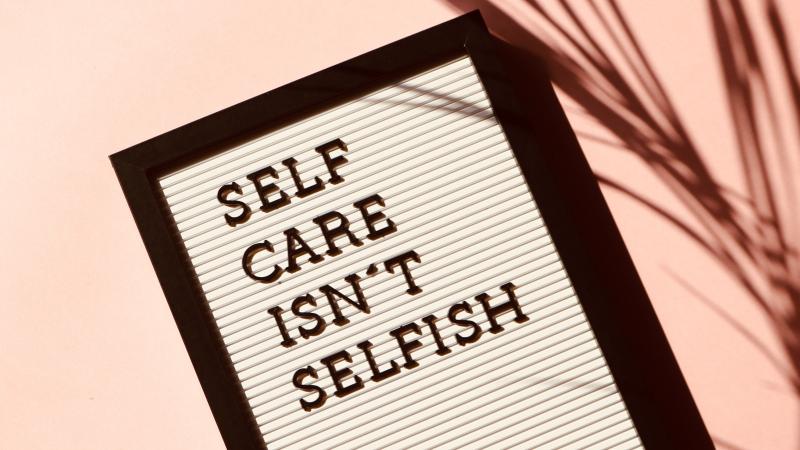
Transition back to campus takes toll on mental health
As students return to campus, their minds are cramped with a million thoughts such as class scheduling, studying, spending time with friends and moving into dorms. Mental health is debatable and controversial, but it is an important topic to discuss.
While students scramble across campus, their mental health goes into a state of havoc, and all students can do is hope for the best.
“You can’t get too comfortable believing that we finally made it and we’re finally on campus,” said Taylor McCoy, an education major. “Things will not go back to what it was prior to the pandemic, so all you can do is be hopeful that everything works out for the best.”
Coming back to campus has been tough on students as they became accustomed to the online learning environment over the last few semesters.
The online environment also posed difficulties for students such as not receiving answers to questions within a timely manner by relying on telecommunication versus an in-person conversation with the professor.
The connection between student and professor serves an important role in students' academics. Adapting to the online environment of watching a professor lecture on the screen is not the same as in-person learning.
“It’s been a change with everything [and] there are pros and cons, I think a lot of us during the pandemic, at first, was a big change having to adapt and get everything created to be online, and still have a presence with our students,” said Jeff Bolt, a communications professor.
The online environment was different, and many students and faculty were not comfortable with it. Over time, students became detached from class discussions and interaction was lost in the online environment.
“I think, myself and many of my colleagues, we miss the interaction with students,” said Bolt.
As students, faculty and staff get back into a routine, many are excited just to be back on campus.
“I feel like I'm making progress, I'm contributing by having my routine, so I really enjoy coming back,” noted Bolt as he talked about how he missed the student interaction and the connection between student and professor.
Bolt also mentioned how being back on campus has a “renewed focus” on expectation and collaboration.
Upon campus return, there have been some developments, such as signs telling Vikes to “mask up” and other COVID-19 protocols. This is the new “normal” that has been stressful and exhausting for students.
While the adjustment to in-person learning has been stressful, the return during an ongoing pandemic has added to the toll on students’ mental health.
“I can see anxiety and stress being higher, now that we’re back in person for some students. But I’ll see it lower for others as well, depending on the type of learner they are,” said Bolt.
Since the return to campus, COVID is forcing students to remain cautious and aware of their surroundings.
“I think more people are being cautious of trying not to touch things, because they believe in cross contamination,” said McCoy as he noticed more people are taking the mask mandate, hand washing protocols and sanitizing more seriously.
It has been stressful throughout the COVID-19 pandemic, but it is important to relax and take a break.
“We all got to know our limits, and if there’s something that’s weighing on you, that’s something you have to take care of immediately,” said Bolt, as he expresses the importance of self care.
Self care is not a selfish act but is rather a time to relax and take a breath. It is important to remember that professors are here to help.
“There’s nothing wrong with you; you’re not alone,” Bolt said. “We’re human too, to the students who are struggling, please don’t keep it in; there’s no shame in it.”
Students may contact the CSU Counseling Center or suicide prevention line if in need of assistance, or 911 in an emergency.




